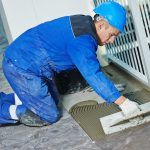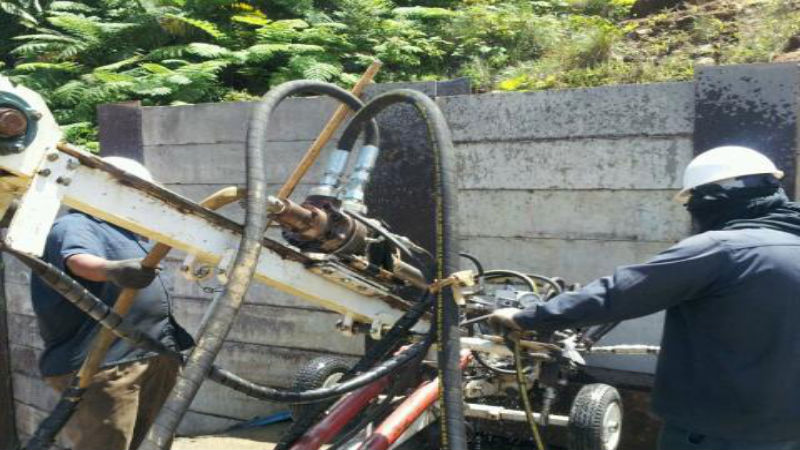Many kinds of heavy equipment today require hydraulic tilt cylinder applications. This is especially important for lift trucks and other types of loading and hauling equipment. Occasionally these vehicles will develop problems with the cylinders and here are some common issues, along with things you can do about them.
Piston Rod Seal Leaks
One of the most common problems with hydraulic cylinders is wear and tear on the piston rod seal. A bad seal is often the result of a bent piston rod or worn rod bearing. Many pistons and rods fail because they are not designed for the job they are doing. For example, if a piston rod cannot handle thrust force during operation, it may be forced out of alignment and this can bend the rod, wear out the bearing and cause the seal to fail.
You can often tell the reason for cylinder failure by looking at the bearings and seals. If you notice unusual wear in one area only, this points to a misalignment and simply replacing the bearing and seal is not going to solve the problem. Every hydraulic tilt cylinder system should have components specially designed for the work they must perform. If not, you could be spending a lot of money in parts and losing a great deal of income in downtime.
By carefully examining the problem, a solution like larger piston rods can allow for the increased pressure placed on the cylinder. In addition, one can increase the length of the stop tube.
Contaminated or Dirty Hydraulic Fluid
Dirt and debris is one of the biggest enemies of a hydraulic tilt cylinder system. In fact, contaminated fluid can cause seals to fail prematurely. The smallest of materials like tiny grains of sand are very abrasive and can create an enormous amount of wear within a short amount of time.
Common Contaminants
Moisture can wreak havoc with a hydraulic system. Water can affect hydraulic fluid’s ability to lubricate and decreased viscosity can shorten the life of components. This is especially true if the seals are made of polyurethane. Plus, some internal parts of made from steel, which can easily rust when exposed to moisture.
Air is another contaminant which can be very problematic. It can affect fluid compression and result in hydraulic tilt cylinder overheating. It may also increase vibrations which may cause excessive wear.
If you notice either water or air in your system, you may need to check all the seals and filters. In some cases, additional filters may need to be added and the expense can more than pay for itself.






